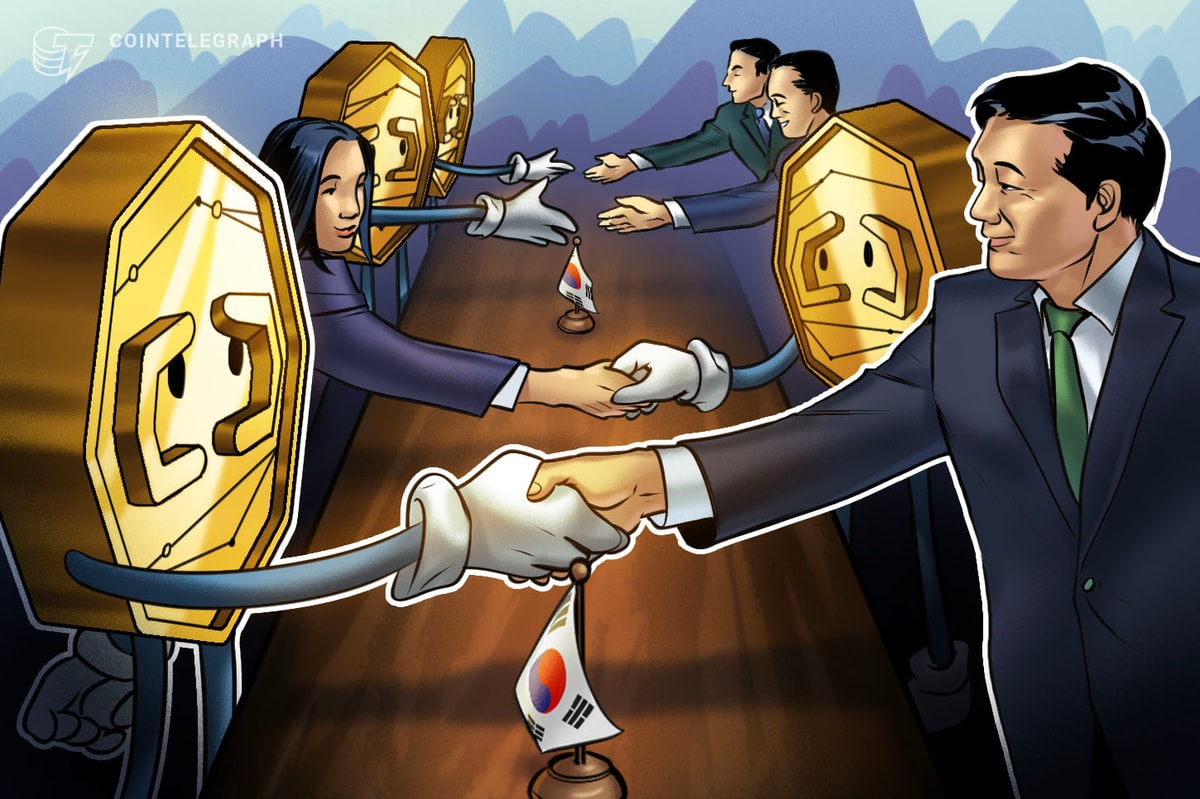Huawei Technologies Co.’s new smartphone, the Mate 60 Pro, represents a new high-water mark in China’s technological capabilities, with an advanced chip inside that was both designed and manufactured in China despite onerous U.S. export controls intended to prevent China from making this technical jump. Those sanctions were first imposed by the Trump administration and continued under President Biden.
The timing of the phone announcement on Monday, while Raimondo was in Beijing, appeared to be a show of defiance. Chinese state media declared it showed the U.S. that trade war was a “failure.”
Paul Triolo, the technology policy lead at the Washington-based business consulting firm Albright Stonebridge Group, called the new phone “a major blow to all of Huawei’s former technology suppliers, mostly U.S. companies.”
“The major geopolitical significance,” he said, “has been to show that it is possible to completely design [without] U.S. technology and still produce a product that may not be quite as good as cutting edge Western models, but is still quite capable.”
Biden administration officials declined to comment.
How powerful the new chip design is remains an open question. Unusually, Huawei revealed little about key aspects of the phone in its announcement, such as whether it was 5G-enabled or what process was used to produce it. In a statement, Huawei simply touted the phone as making breakthroughs in “satellite communications.”
China’s official broadcaster, CGTN, in a post on X, formerly known as Twitter, called the phone Huawei’s “first higher-end processor” since U.S. sanctions were imposed and said the chip it contains was made by Semiconductor Manufacturing International Corp., a company partially owned by the Chinese government.
One person told The Washington Post that the Mate 60 Pro has a 5G chip. Speed tests posted by early buyers of the phone online suggest its performance is similar to top-of-the-line 5G phones. In July, Reuters reported Huawei’s imminent return to the 5G phone market, citing three technology research firms speaking on the condition of anonymity.
Nikkei Asia has reported, citing sources, that SMIC would be using what’s known as the “7-nanometer process” to make the chips for Huawei, the most advanced level in China. This would be on par with the process used for the chips inside Apple’s iPhones launched in 2018. Apple’s latest iPhone chips were made by the Taiwan Semiconductor Manufacturing Company, using what is known as the four-nanometer process. A nanometer is a measure of chip size, with the fewer nanometers in the process, the better. A piece of paper is about 100,000 nanometers thick.
U.S. sanctions were intended to slow China’s progress in emerging fields like artificial intelligence and big data by cutting off its ability to buy or build advanced semiconductors, which are the brains of these systems. The unveiling of a domestically produced seven-nanometer chip suggests that has not happened.
Industry experts cautioned that it’s still too early to tell how competitive China’s chipmaking operations will become. But what is clear is that China is still in the game.
“This shows that Chinese companies like Huawei still have plenty of capability to innovate,” said Chris Miller, a professor at Tufts University and author of the book “Chip War.” “I think it will also probably intensify debate in Washington on whether restrictions are to be tightened.”
Few stakeholders have yet to voice opinions publicly, as industry groups seek to confirm more details and evaluate their stances. But there is no doubt the new Huawei phone has sparked discussions of what comes next. “There is a lot of activity,” said Craig Allen, president of the U.S.-China Business Council, a nonprofit group that promotes trade between the United States and China.
Opinions differ as to how the U.S. government should react.
“This development will almost certainly prompt much stronger calls for further tightening of export control licensing for U.S. suppliers of Huawei, who continue to be able to ship commodity semiconductors that are not used for 5G applications,” Triolo said.
On the other hand, he added, “U.S. semiconductor companies would prefer to be able to continue to ship commodity semiconductors to Huawei and other Chinese end users, to maintain market share and stave off the designing [without] U.S. technology from Chinese supply chains more broadly.”
Washington faced a similar quandary of how to hobble the Soviet Union’s technological development during the Cold War. Willy Shih, an economist at Harvard Business School, said Huawei’s breakthrough was evocative of what happened with Global Positioning System technology, now commonly known as GPS. The U.S. Defense Department developed the technology and restricted its export, wary of it in the hands of rivals. But the export restrictions pushed Moscow and other governments to develop their own versions, Shih said.
“So it went from a situation where the U.S. really dominated that technology and everyone would come to the U.S. to buy it, to now there are all these different alternatives,” he said. “And you have to wonder if the same thing is happening now with Huawei.”
China’s race to build an advanced homegrown chip began in May 2019, when, amid the Trump administration’s trade war with China, the Commerce Department put Huawei on its “Entity List,” prohibiting U.S. companies from doing business with it. Some wondered if it was a “death penalty” for Huawei, with the company choked from obtaining key components.
Huawei had long been in the crosshairs of Washington as the sharpest tip of China’s tech industry. Since 2012, Huawei has been the world’s largest supplier of the equipment needed to operate the global internet, a position it has maintained despite U.S. sanctions. Huawei files more patent applications than any other company in China, and a constellation of Chinese start-ups rely on Huawei’s AI algorithms to build their own applications for face and voice recognition, pattern identification and other purposes.
Huawei’s business lines include geopolitically sensitive products including mobile base stations that provide nations with cell coverage, video-surveillance gear for police and submarine cable systems, which all require chips as their brains.
In the wake of the sanctions, Ren Zhengfei, Huawei’s charismatic founder who got his start in China’s army engineering corps, rallied Huawei’s staff for an all-out fight for the survival of their company. They stockpiled chips from overseas suppliers, predicting that Washington might close loopholes in the sanctions. This indeed came to pass. Washington plugged the loopholes one by one, including sanctioning SMIC, the only factory in China potentially capable of manufacturing advanced chips for Huawei — and pushing for suppliers of specialized chipmaking gear to halt sales to China more broadly.
Since then, Huawei has hunkered down into survival mode, drawing on its stockpiled chips as it raced to secure a domestic chipmaking solution.
SMIC has striven to make cutting-edge chips since its founding in 2000, but the dream had long seemed pie-in-the-sky. Each generation of chips reflects a new frontier in just how microscopically small humans can draw precise designs into a sheet of silicon. By the time SMIC caught up to one generation, industry leaders had raced further ahead based on new breakthroughs by the world’s brightest physicists and technicians.
“It’s hard to catch up because chips are the most complex manufactured good humans have ever produced,” Miller said. “There’s nothing more complicated that humans make … this is really hard stuff.”
Miller says a considerable gap remains between SMIC’s capabilities and those of TSMC, the industry leader that produces the newest chips for companies like Apple. It also remains unclear if SMIC can produce advanced chips at a scale and cost that will make its products globally competitive.
Shih said that regardless of if SMIC can reach the cutting edge, the foundry will certainly be able to produce older-generation chips at scale, possibly pushing down prices of chips worldwide. “We will see price pressure and commoditization pressure,” he said.
U.S. companies like Intel and Qualcomm have already lost significant sales in China, the world’s second-largest economy, due to the U.S. sanctions, crimping their research and development budgets. U.S. executives fear this could weigh on their long-term strength, in an industry where only a few of the strongest, fastest companies tend to survive.
“It starts a downward spiral in ability, to not be competitive with the rest of the world,” said an industry executive, who spoke on the condition of anonymity because of the sensitivity of the subject.
Since the U.S. chip sanctions began, Beijing has flexed what muscles it can to prevent more of the global chip industry from falling under Washington’s sway. For instance, Intel recently announced it will have to pay $353 million in termination fees to Israel’s Tower Semiconductor after failing to acquire Chinese regulatory approval for the acquisition.
Ellen Nakashima contributed to this report.
#Huawei #Mate #Pro #phone #raises #worries #China #sanctions #failed













